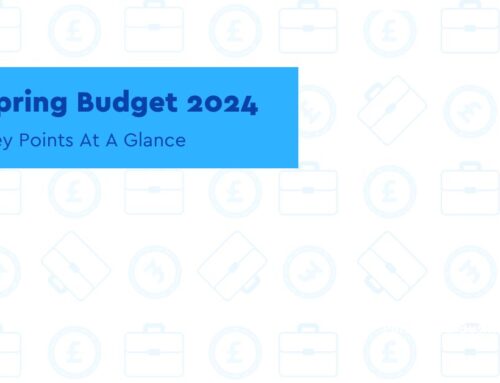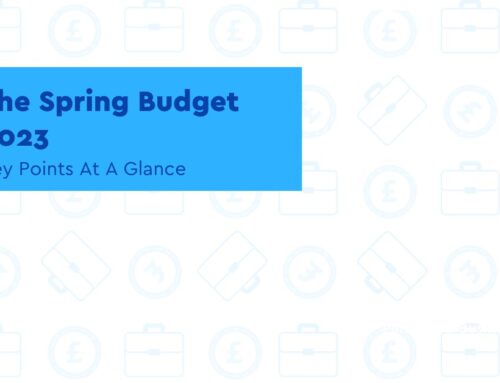One of the key benefits of working on a self-employed basis and running your own business is the ability to remove some of your expense costs from your turnover before your taxable profit is calculated. With the new tax year fast approaching we thought it would be timely to give you a reminder about this topic. In this short guide, we will tell you more about the tax-deductible expenses you can and cannot claim.
Allowable expenses are those that are strongly linked to your business. Let’s take a quick look at some of the main expenses you are permitted to claim for. We haven’t included the amounts you can claim because this can change from tax year to tax year. We would advise you to refer to the government website to get the exact rates for the tax year that you are claiming for.
Here is our at-a-glance guide…
Office expenses
These include items such as stationary, postage and printing costs. If you wish to claim for equipment like computers, software and printers, these will need to be claimed as capital allowances if cash basis accounting is not used. You can also claim for the cost of producing goods as well as stock and materials.
Business premises
Though you can claim for rent, property maintenance, insurance, security and utility bills, you cannot claim for purchasing or building the property. Those that work from home are able to include a proportion of their utility bills. You will need to work out how much of your home is used for business and how often it is used for these purposes. As these can be tough to calculate, many people opt to use a flat monthly rate known as ‘simplified expenses’. This rate is decided by the government.
Getting around
You can also claim for the cost of business-related travel when running your business. Costs you can claim for include fuel, insurance for your vehicle, repairs, servicing and your breakdown cover. Again, many self-employed motorists decide to use the ‘simplified vehicle expenses’ flat rate. You can also claim for travel, hotel rooms and meals during overnight trips but you cannot claim for the cost of simply commuting to your business premises. Unfortunately, you won’t be able to claim for entertaining clients and customers.
Legal and finance expenses
If you enlist the services of accountants, surveyors, solicitors or architects for business purposes, these can be included when you work out your expenses. Interest on business and bank loans, hire purchase and leasing payments can be added, as can bank charges, overdraft and credit card charges. You will only be able to claim a maximum of £500 in interest and bank charges if you use cash basis accounting. The cost of business insurance can also be included.
Marketing
If you use marketing services like newspaper and online advertising to promote your business, products and services, you will be able to claim back these costs.
Clothing
You can only claim for the costs of clothing that is strictly linked to business. This can include things like uniforms and costumes, but you cannot claim for clothing that you would wear outside of the workplace.
Staffing expenses
If you have paid employees, their salaries will count. You can also claim for employer NI contributions, pension contributions, fees paid to agencies and benefits. You can also claim for trade body and professional membership cost relevant to your business.
It is imperative that you keep hold of receipts, invoices and other evidence of these costs as you could be audited by HMRC.
Contact Morgan Reach today if you need more advice about business expenses and require in-depth tax advice for your business. You can reach us by sending an email to info@morganreach.com.
DISCLAIMER: This article is for guidance only, and professional advice should be obtained before acting on any information contained herein. Morgan Reach Chartered Certified Accountants cannot accept any responsibility for loss occasioned to any person as a result of action taken or refrained from in consequence of the content of this article.







